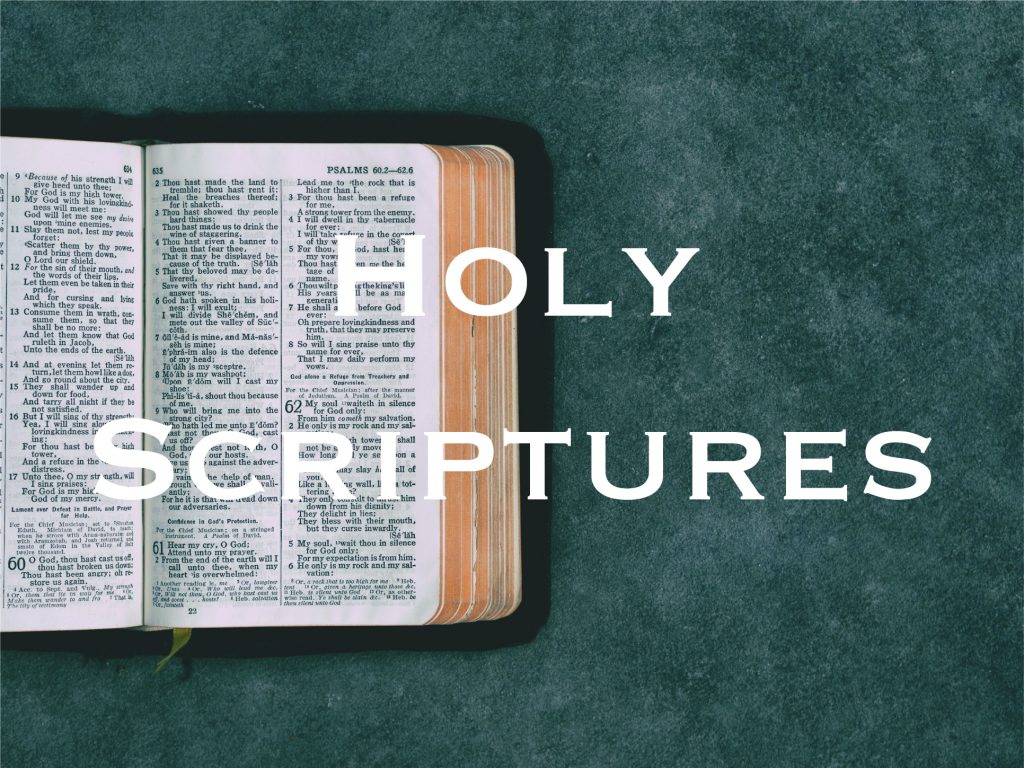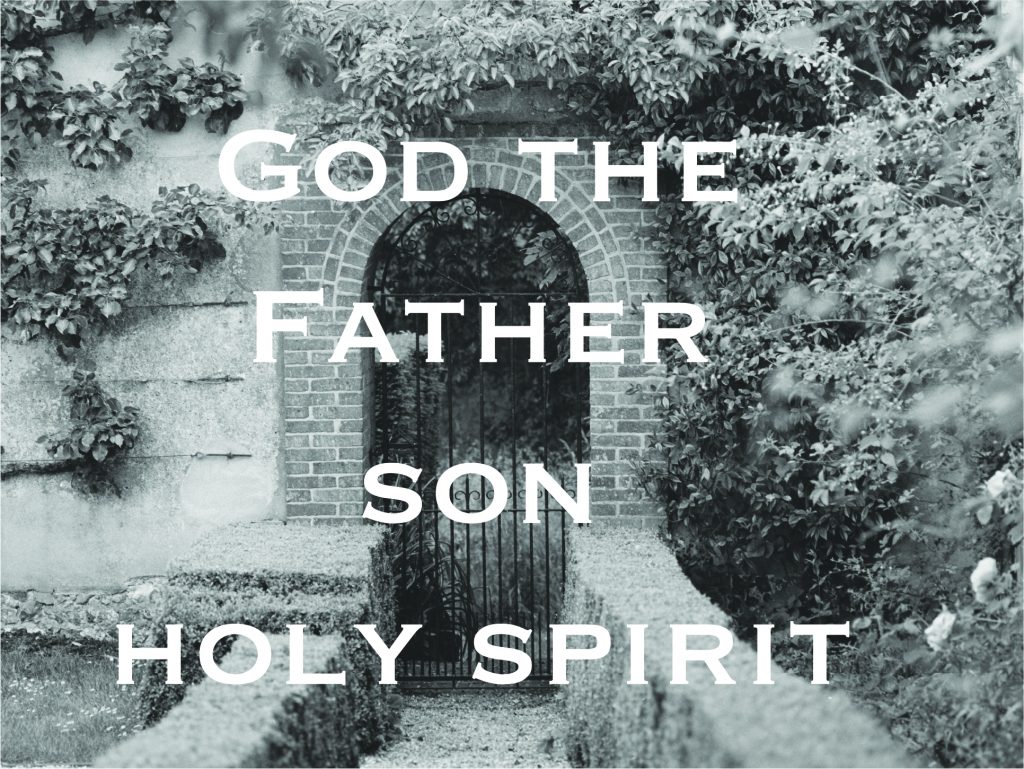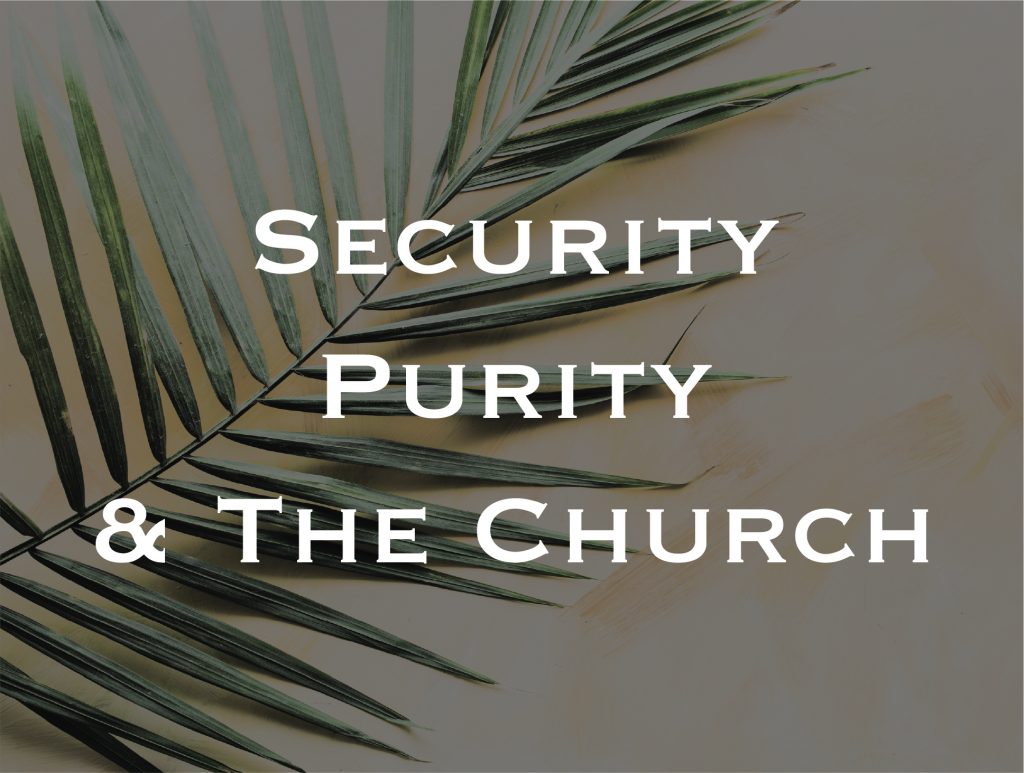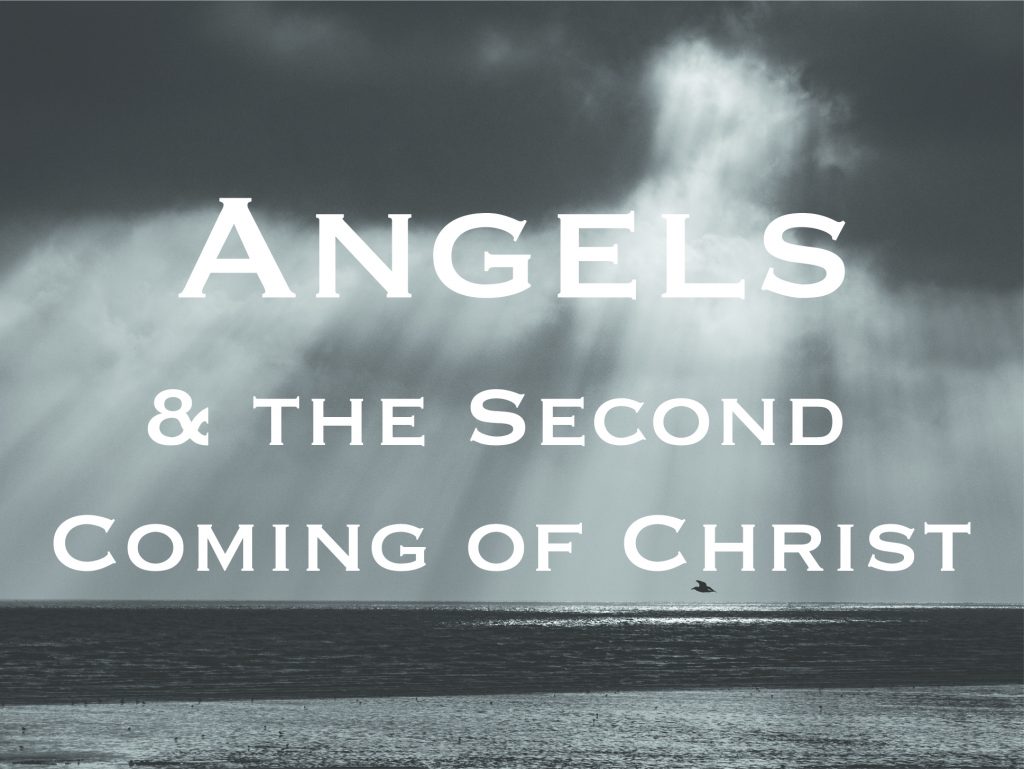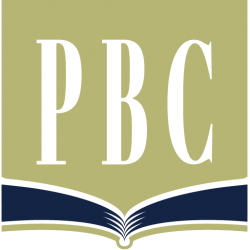The church first adopted our current doctrinal statement in 1996 by recommendation of the elders and a vote of the congregation. This was shortly after the church voted overwhelmingly in 1995 to adopt elder leadership as our form of government. After that time, the responsibility to maintain the doctrinal statement was vested with the elders.
The doctrinal statement is used to clearly outline what this local body teaches in public settings. As such, in this revision we have renamed the document What We Teach, rather than What We Believe. While this may be a subtle distinction, we have chosen to make it to reflect that not every member may believe exactly the same on every element in the doctrinal statement.
Though it is not required for every member to fully agree with every component of the doctrinal statement, it is required for all who would teach to do so in conformity and not contrary to this doctrinal statement. Where the church has taken a position on a doctrine as revealed in Scripture, we are aligning ourselves to teach in conformity to what has been articulated here.
This does not mean that members are not free to express other view points on second and third tier doctrines or to discuss other positions. Examination of the Scriptures is always profitable and to be encouraged.
However, this must be done as a corporate body under the leadership of the elders concerning the structured meeting and teaching of the church as this doctrinal statement defines what we will teach.
Members should feel free to bring doctrinal concerns to the elders at any time for due consideration and potential amendment of this statement by unanimous agreement of the elders.
In addition to teaching in conformity to this statement, all elders and elder candidates must believe that these doctrinal positions are biblical positions and ones they can support and defend with a clear conscience.
This does not preclude an elder or candidate from recognizing other interpretations of the sacred text on second or third tier doctrines; however, all elders must affirm these doctrinal positions as biblical, soundly defensible from Scripture, and be willing to teach in conformity to them.
In addition to changing the title of the document, this revision also includes a significant shortening of the eschatology (Last Things) section of the statement.
The previous statement went into great detail on views of last things to the point that it overshadowed other doctrines based on the volume of text devoted to it. This revision retains all the original meaning and intent but with much fewer words.
Finally, it is our desire to emphasize that no man-created document rivals the sacred text for being our rule of faith and practice.
The Elders of Providence

Revised January 2012
